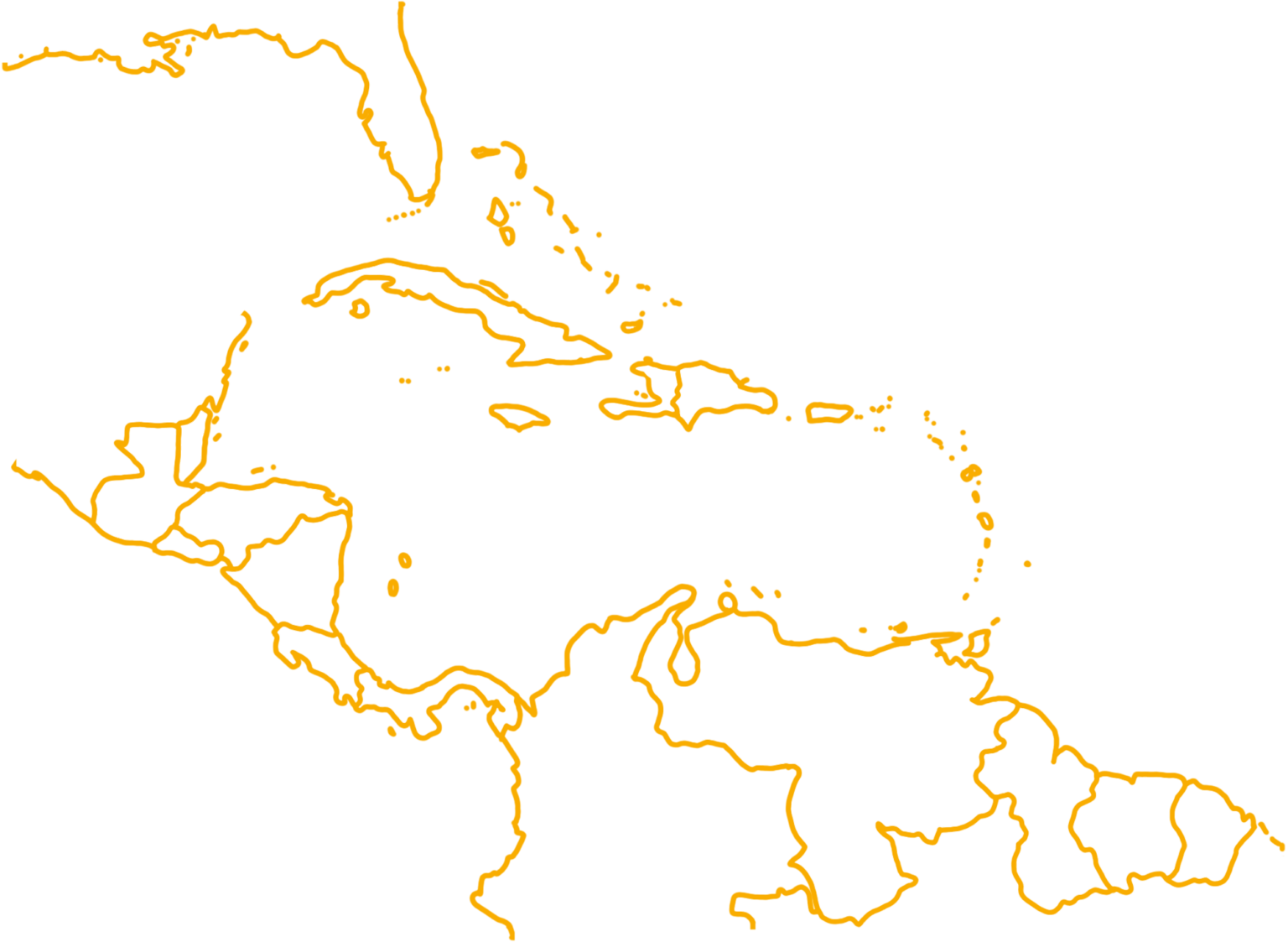Menu
Close

After Hurricane Maria, Puerto Rican communities took over vacant lands. These spaces became community centers, gardens etc. One group, Comedores Sociales, successfully negotiated ownership with the owner. But others, like Huerto Comunitario, are unsure of the future as investors buy the land. The residents worry about being displaced due to rising rents.
Read MoreNov 09, 2017A luxury resort on Barbuda, a small Caribbean island with communal land ownership, is raising human rights concerns. The UN is investigating the project's impact on the local people and fragile environment. The resort is backed by billionaires and supported by the central government, but opposed by some Barbudans who fear it will destroy their culture and environment.
Read MoreNov 09, 2017A 2005 study predicted millions of climate refugees by 2050. This sparked discussion on climate displacement, a growing concern. Now, Colombia is considering a law to help those displaced by climate change, a potential first in Latin America.
Read MoreNov 09, 2017Barbudan Fishermen Launch Legal Campaign for Codrington Lagoon, An Important Source of Water and Food Two Barbudan residents are taking legal action against their government’s approval of permits for foreign investors to construct villas on 114 acres of protected wetlands in Codrington Lagoon National Park. The lawsuit, filed by local fisherman and tour guide George … Continue reading "Barbudan Fishermen…
Read MoreNov 09, 2017Barbuda's custom of communal land ownership, codified in law in 2017, is under serious threat by outside private commercial interests.
Read MoreNov 09, 2017
Showcasing stories of Caribbean organizations at the foreground of the struggle against disaster capitalism in the Caribbean. Our network of participants in the Greater Caribbean region connect, learn, share their hands on responses to the impacts of the twin threats of the climate crisis and disaster capitalism in our region.
WAVE (Progressive Reform Movement)
Global Challenges Research Fund
Open Society Foundations
All Rights Reserved – strongercaribbeantogether.org 2022
All Rights Reserved – strongercaribbeantogether.org 2022
In the tumultuous aftermath of disasters, it is easy to feel isolated and alone, but you are not.
We, a network of Caribbean-wide community organizers who stand in solidarity with those affected the twin threats of the climate crises and disaster capitalism, a phenomenon that exacerbates the suffering of vulnerable communities.
We want you to know that your stories matter. We are here to listen, to support, and to amplify your voices.
We believe that together, we can challenge the forces of disaster capitalism and advocate for more sustainable, inclusive and equitable decision-making.
Join us in solidarity. Share your experiences and let’s build strong communities that thrive together.
As the wider world braces for the climate change, Caribbean communities are already struggling with its effects. Small local communities, small scale farmers and coastal communities are disproportionately affected. Political decisions, power dynamics and laws often compound the catastrophes and silence bottom up solutions.
There are ways in which you can help.